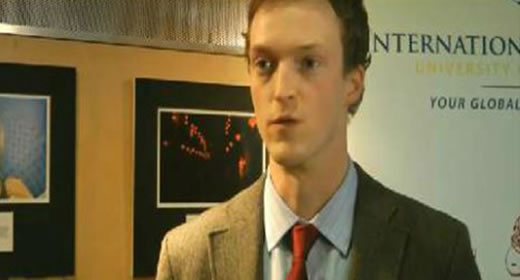
The Minerva Research Initiative, a Department of Defense-sponsored, university-based social science research initiative, has awarded funding for a research project led by Ford School assistant professor Philip B. K. Potter.
Potter's project is titled "Terrorist Alliances: Causes, Dynamics and Consequences." According to the project abstract, "A litany of examples from around the world suggests that alliances between terrorist groups represent the rule much more than the exception. Such alliances often result in enhanced capabilities for the linked groups, leading to higher casualties when those groups engage in attacks. But when and how do terrorist groups ally? ... We believe that a clearer understanding of the implications of relationships between groups—like Al Qaeda and Lashkar e Taiba—will yield significant benefits for those interested in reducing the capacity of these groups to inflict harm."
Michael Horowitz from the University of Pennsylvania and Erica Chenoweth from the University of Denver also are primary researchers on the project. It is one of 10 Minerva Awards receiving funding through fiscal year 2014.
Founded in 2008, the Minerva Initiative is meant to improve understanding of the social, cultural, behavioral, and political forces in areas of the world of strategic importance to the United States. According to the Minerva Initiative website, "The Department solicited proposals in seven topics of strategic importance and received a total of 330 white papers and 55 full proposals. The total amount of the awards is expected to be as much as $12 million over three years. Based on the proposals selected, more than 17 academic institutions, including two non-U.S. institutions, are expected to participate in the 10 research efforts."
